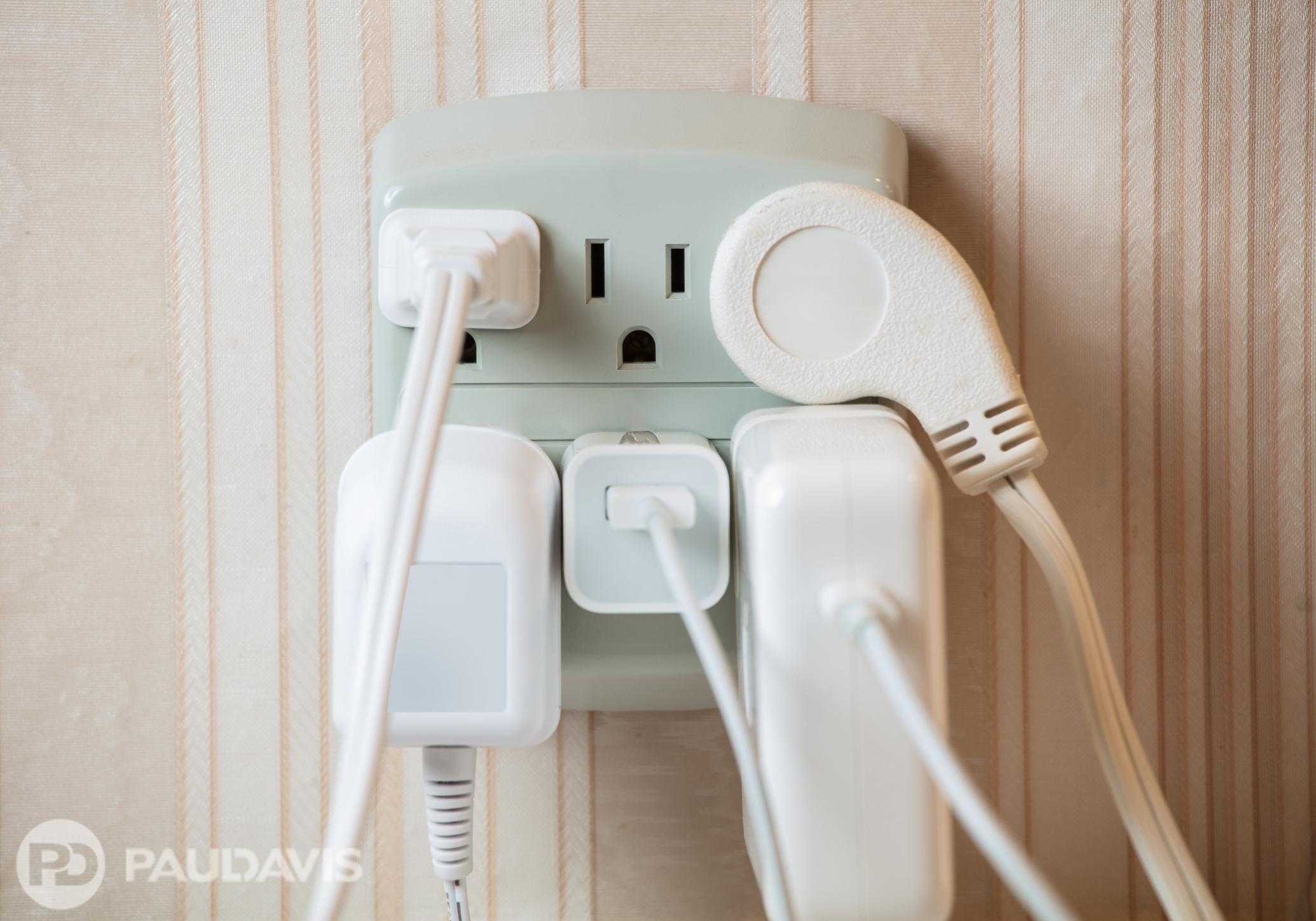
Unobtrusively mounted on the wall in a garage, basement or laundry room, your electrical panel – also known as a breaker box – may be easy to forget but it’s a critical piece of equipment that quietly handles a very important task.
“The panel manages the electricity that your power supplier distributes to your home,” explains Caleb Brunz, President Paul Davis of Greater St. Paul and Minneapolis. “Circuit breakers inside the panel – or in older panels, fuses – then send the power along wire cables throughout your house to power your lights, appliances, outlets – anything that needs electricity to operate. But, like many important pieces of equipment in a home, panels don’t last forever and you may need a panel upgrade as your home grows.”
Electrical panels are built to handle a certain amount of electrical flow to the home, also known as amperage or “amp” for short. Medium-sized homes are often equipped with 150 to 200-amp panels. But “smart” homes, large houses or those adding appliances often require larger capacity 400-amp panels. Most homeowners learn they need an upgrade when they install a power-hungry device such as a new central air conditioning system and the electrician tells them so. However, there are other telltale signs that you may be outgrowing your breaker box:
Breakers trip often: Breakers are safety devices that are designed to shut off power to a circuit when it draws too much power. Frequently tripping breakers are a sign that your devices are demanding more than your panel can supply.
Fuses instead of circuit breakers: Fuses have internal metal connectors that melt and shut off power to a circuit when it draws too much power. Fuses are older technology and a sign that your panel is probably more than 25 years old. Newer panels are not only safer but also eliminate the inconvenience of disposable fuses.
Heat: A hot or warm panel is another sign your box is maxing out its capacity. Electrical resistance – when too much power tries to squeeze down an inadequate circuit – creates heat.
A burning smell: If your panel smells toasty, call your electrician without delay. The plastic jacket sheathing electrical wires – or worse, building materials like wood – are melting or singeing from direct contact with wayward electrical voltage.
Buzzing or hissing: Healthy panels that operate properly are silent. Buzzing or hissing can indicate bad connections or loose wires, both of which may signal a mechanically weary panel that no longer tightly grips its connections.
Lights flicker or dim when devices operate: Electrical power should not fluctuate as multiple appliances operate. If it does, your panel may not be able to supply the total power needed.
“We don’t think about our electrical panels very often,” Brunz summarizes, “but we should because these devices manage a very dangerous process. Shrugging off panel problems can easily cause a house fire.”
Need assistance with damage to your home? Paul Davis promises to arrive within four hours of a call for help.
